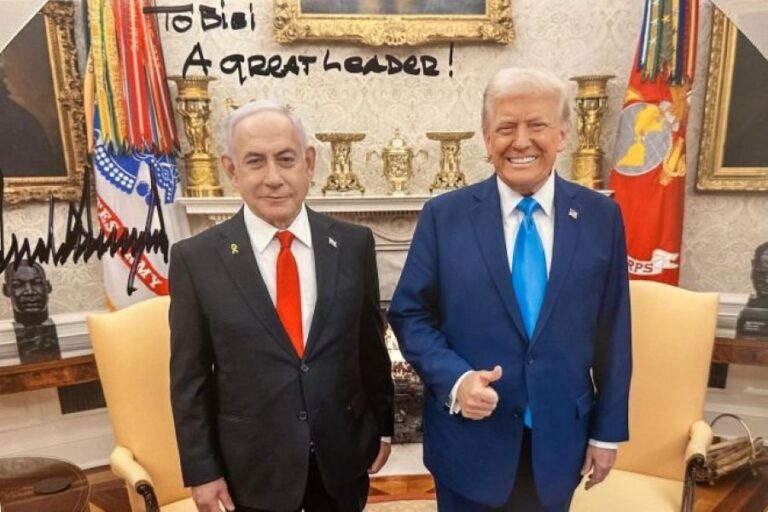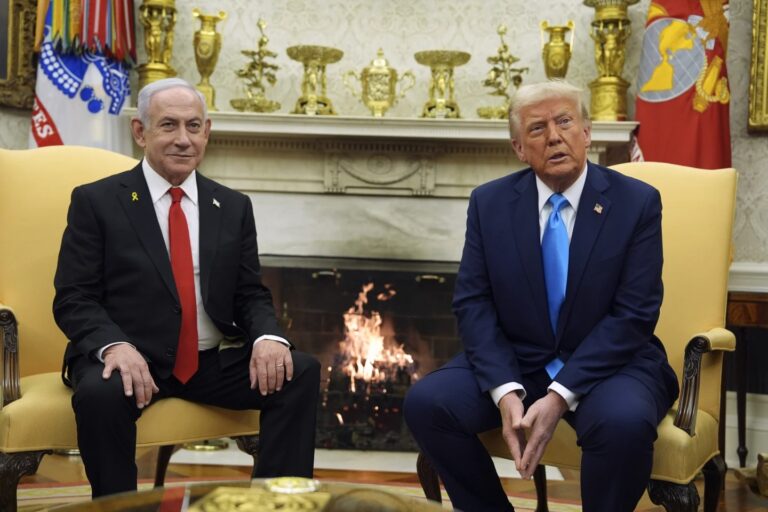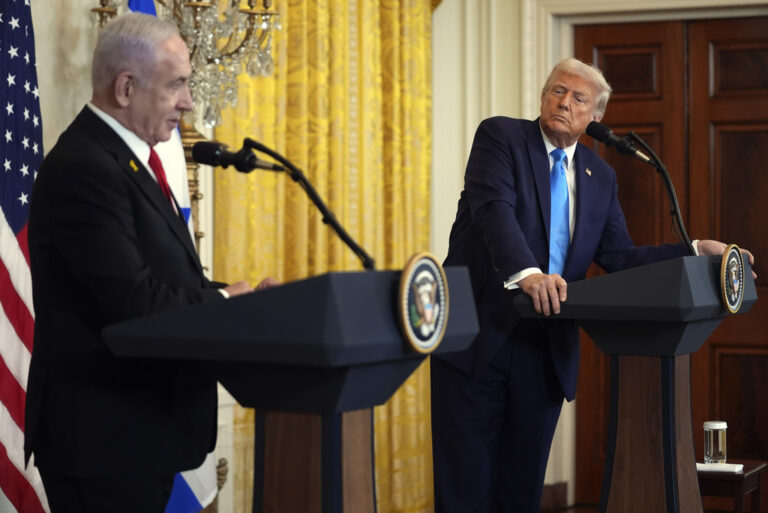 Shabbos is a gift from Hashem, a weekly twenty-four hour flow of holiness, perspective and rest.
Shabbos is a gift from Hashem, a weekly twenty-four hour flow of holiness, perspective and rest.
Shabbos is many things to many people, but almost everyone agrees that it is a time of Heaven on earth. It enables us to recharge our physical and spiritual energies with enough fuel to keep us going through yet another week of life, growth and challenge.
Shabbos reminds us of what is important and should be treated as a priority in our lives. All the intrusions of Olam Hazeh are set aside and kept at bay, unable to hinder and consume us as they do the rest of the week.
Already Friday evening, the davening is different. We daven with more kavanah, without the pressure to rush and get on to the next thing on our agenda. We arrive home to a royal meal prepared with love and devotion by our queen and princesses. We sanctify the day and the meal with kiddush. The two challahs of lechem mishneh remind us that we don’t “live by bread alone,” but rather by Hashem’s unending kindness. Just as our forefathers in the desert subsisted on monn, a Heavenly food, we, too are dependent on Hashem’s largesse, although He makes us work hard for our daily ration.
Glowing in our Shabbos clothing, we partake of the most sumptuous meals of the week in the company of our family. The entire week, our hectic schedules often rob us of that pleasure; we have to travel to distant places and are often harried and stressed with multiple obligations and responsibilities dragging us in different directions.
But on Shabbos, all that is gone. We have time to talk and catch up on the lives of our children, parents and families. We have time to discuss and reflect upon the finer points of the weekly parsha with young and old. Philosophical questions which are submerged during the week are discussed at the Shabbos meal.
No matter what is going on around us and within us, when Shabbos comes we feel better. As the candles are lit, our spirits lift. An air of serene calm descends upon the house.
There is more to Shabbos. It also provides us with a signpost. We can push ourselves harder during the week, knowing that in a couple of days Shabbos will be here. We hang in there because we know that Shabbos is coming.
When Shabbos arrives and we review our accomplishments of the past week, we gain the courage to carry on during the following week. If we never had a respite from our labors, we would never have the opportunity to take stock of our personal inventory. We’d never have a chance to realize how good we really are and how much we really can accomplish in the sheishes yemei hamaaseh.
Quite often, what holds us back from realizing our potential is that we get bogged down with the little stuff and lose perspective. Problems loom so large that we feel they are insurmountable, before even trying to tackle them.
Shabbos stands as a wall in the face of negativity, blocking it. When dressed in his Shabbos attire at the head of his table, looking across the table at his blessings, a person realizes that G-d looks out for him, helps him, guides him and sustains him. Thus, he is empowered to take on the challenges of another week. Those self-defeating feelings evaporate.
Shabbos reconnects us with who we are and what we are. Shabbos reconnects us to our soul and to our Maker. Shabbos is an oasis of Torah in a turbulent world.
The blessings of Shabbos are magnified when one has the zechus to be standing at the Kosel Hamaarovi at the onset of Shabbos. As you daven Mincha with thousands of others, many of whom you would never cross paths with in your golus hometown minyan, you feel a unique solidarity with every Yid at the Kosel plaza who seeks to connect with our Creator.
As you say Kabbolas Shabbos, you feel the tranquility of Shabbos descend to the spot where the Shechinah never left. You imagine the kedushas Shabbos beginning here and spreading out to botei knesiyos and homes across the world.
You stand at the srid beis mikdosheinu and feel the arrival of the neshama yeseirah. You feel Shabbos. You feel the gift of Shabbos.
You stand there looking at the ancient stones and imagine all that they have witnessed since they were placed there alongside the Bais Hamikdosh so long ago. You imagine all that has taken place in the area upon which you stand. You think of all the kedusha experienced here. You think of all the people who have trekked to this spot to pour their hearts out to G-d. You think of the Kohein Gadol on Yom Kippur standing not too far away. You think of all the Bnei Yisroel walking by here with their shepselach on Erev Pesach. You think of the korban tomid and the lechem haponim. You think of the kohanim b’avodosom and the leviim b’shirom v’zimrom.
And then you think of yourself and your fellow Jews in these turbulent, frightening times. You think of all the attempts down the ages to destroy this vestige of holiness and the Jewish nation that reveres it.
Your thoughts turn to the Churban Habayis. You think of Yirmiyohu Hanovi who foretold the churban and Yeshayahu Hanovi who spoke of triumph and nechama.
You think of the Rambam and the Ramban who gave up everything in order to be able to stand here. You think of the students of the Vilna Gaon and the Baal Shem Tov who took up residence here in dire privation in an attempt to hasten the redemption. You think of the Vilna Gaon who yearned to come here and couldn’t, and of the Chofetz Chaim who longed to stand in the very spot you stand on. And as you look to the heavens, you wonder what message he would have for you if he were here today.
Standing at the Kosel is a bechinah of Shabbos. Standing there ought to give us the chizuk to continue; it demonstrates to us that despite all the plans that have been hatched to rid the world of the Jewish people, we are still here and will remain here forever.
Chodesh Adar, which we usher in this week, is a bearer of that message more than any other month. When we think of Adar, we think of Haman and his many evil counterparts down the generations, and their murderous hatred for the holy nation who represented their antithesis.
The posuk in this week’s parsha states, “V’asu li mikdosh veshachanti besocham.” Hashem tells Moshe that the Jewish people shall build for him a Mikdosh and he will dwell amongst them. In our day, we no longer merit to have the Mikdosh or Mishkon. Nevertheless, we have to seek to create a place of holiness within us, as Chazal derive from the aforementioned posuk, “veshachanti besocham.”
Hashem says that he will dwell in the hearts the Jews who contribute to the construction of the Mishkon. We don’t merit to have the Mishkon amongst us, but we can make ourselves worthy of meriting that Hashem’s spirit can find a space within us.
We must seek out the Shechinah in our local botei knesiyos and botei medrashos and do what we can to prepare the world for the final redemption.
As I was walking towards the Kosel this past Friday, I overheard part of a conversation between a young Israeli boy and his father. The father was explaining the holiness of the area to the little boy: “Zeh makom kadosh – This is a very holy place. Titpalel tov al kol mah she’atah rotzeh – Pray well for whatever it is that you want and G-d will hear you.”
The boy walked on quietly, a thoughtful look on his face. Finally, he turned to his father and asked so innocently, “Abba, mah ani rotzeh? Abba, what do I want?”
We are like that boy. We stand at the apex of kedusha and can ask of Hashem anything we want, yet we are lost. We are confounded by the darkness of golus. The Yeitzer Hara engulfs our being. Amaleik dilutes our holiness. We can have anything we want, but we don’t know what we want.
We get sidetracked, we lose focus; we neglect what is important. We get caught up with silly things that take over our lives and derail us from concentrating on what we should be doing.
We forget that there is a Father in Heaven who looks out for us, who waits for us to call out to Him, to tell Him what we need. If only we could give words to it, if only we knew what we truly wanted.
So this Shabbos, the third day of Adar I, as we read the parsha of the Mishkon, let us all look deeply within ourselves to experience love and appreciation for the gift that is Shabbos. Let us devote our energies to creating a Mishkon within our hearts and souls. And may Hashem reach out to us and help us prioritize our lives so that we attain happiness and fulfillment.











3 Responses
Please mention the beautiful Friday nite dancing at the Kosel.
A truly great article.Thank You Rabbi Lipshutz.
shabbos is usually 26 hours